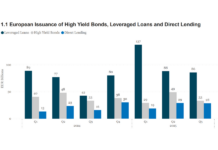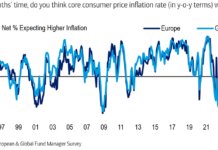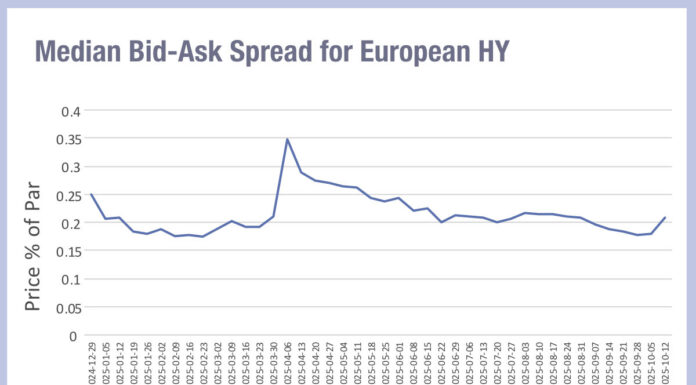Geopolitical risk is top of mind for institutional investors, with close to 50% saying that there are too many in play for them to effectively mitigate their portfolio impact in a recent study from PGIM.
More than half (56%) of those participating in the firm’s Global Risk Report said that the threat level of geopolitical risk is high, and even more (59%) agreed that geopolitical risks are having a negative impact on portfolio outcomes.
However, investors are not shying away from taking on risk in their portfolios, the report stated, observing an embrace of active investing and long-term views. This may in part be due to some of the most newsworthy shocks of recent years “not always trigger[ing] market reactions of equal magnitude or length”, the report stated. Energy price hikes resulting from the war in Ukraine, for example, and the more recent ‘flash crash’ following the mass unwinding of yen carry trades, resolved fairly quickly, PGIM observed.
In fact, the company reports a “risk-on mentality” among institutional investors, One third of participants shared that they plan to have an aggressive portfolio strategy by the end of 2025, up from the quarter currently employing this approach.
That being said, less than four in 10 believe that their organisations’ portfolios are prepared for the effects of several geopolitical events. Increased unpredictability and uncertainty around geological results make it difficult to determine the best investment strategy to adopt, the report added, with one pension fund investment director adding that “the typical frameworks [and] typical constructs in terms of relations don’t hold as strongly […] the propensity for them to break, and break badly, is much greater than it was even a decade ago”. Unknown linkages between countries or asset classes could be triggered unexpectedly, leading to market stress and investor exposure. “When the fallout from geopolitical events is less certain, the right strategy will depend on investors’ risk tolerance, liquidity needs, time horizon, and market outlook,” PGIM affirmed.
Other events are more predictable. Elections tend to be easier to prepare for, with investors able to “develop a gameplan well in advance”, PGIM said. Considering the US election, “a lack of potential policy surprises in the next administration could offset uncertainty over the eventual outcome of the election itself”, it observed. “In addition, optimism over a soft landing for the US economy has bolstered investor sentiment in 2024 and supported risk assets. While fiscal stress is cause for concern, it also puts pressure on central banks to keep policy rates as low as possible.”
To adequately prepare for geopolitically-prompted risk, 31% of investors have made allocation adjustments based on asset class, region or risk tolerance, and a quarter have adjusted their allocations based on sector or management style, PGIM’s report found. A further 29% stated that they are holding more cash or other short-term investments, with a “flight to safety” especially pronounced in the US.
Various methods can be employed to help mitigate these risks, the report said, including working with geopolitical analysts to more fully understand the evolution of global power structures and economic policies and branching out into non-traditional diversifiers such as buffered ETFs or portable alpha overlays.
Allocating towards real assets can also help investors to hedge their portfolios against supply shocks. PGIM points to record-high allocations to gold during August as an example of this, adding that physically backed gold ETFs saw inflows for three consecutive months through July 2024.
“An evolving state of global power dynamics calls for engaging in scenario analysis,” the report stated, advocating for portfolios to be stress-tested to determine vulnerabilities and identify risks.
Looking forward, PGIM warned, “It is critical to avoid a failure of imagination. Investors will be left behind if they are unprepared for the unexpected.”
©Markets Media Europe 2024
©Markets Media Europe 2025












